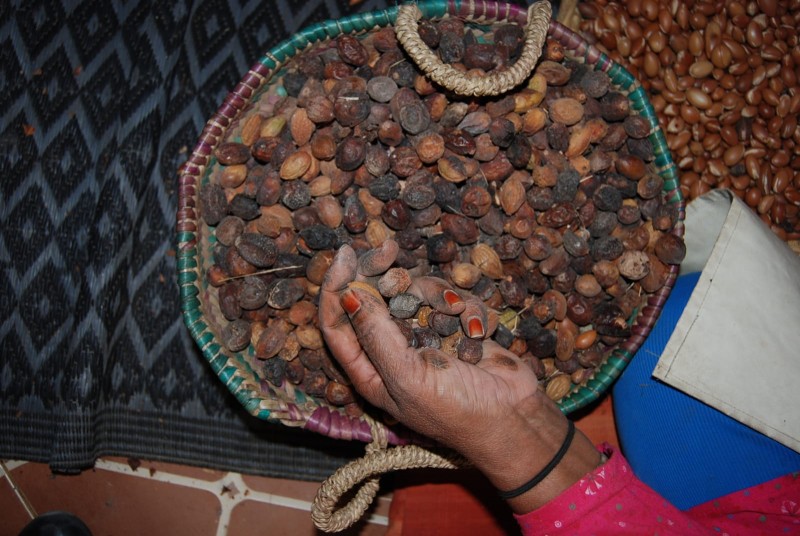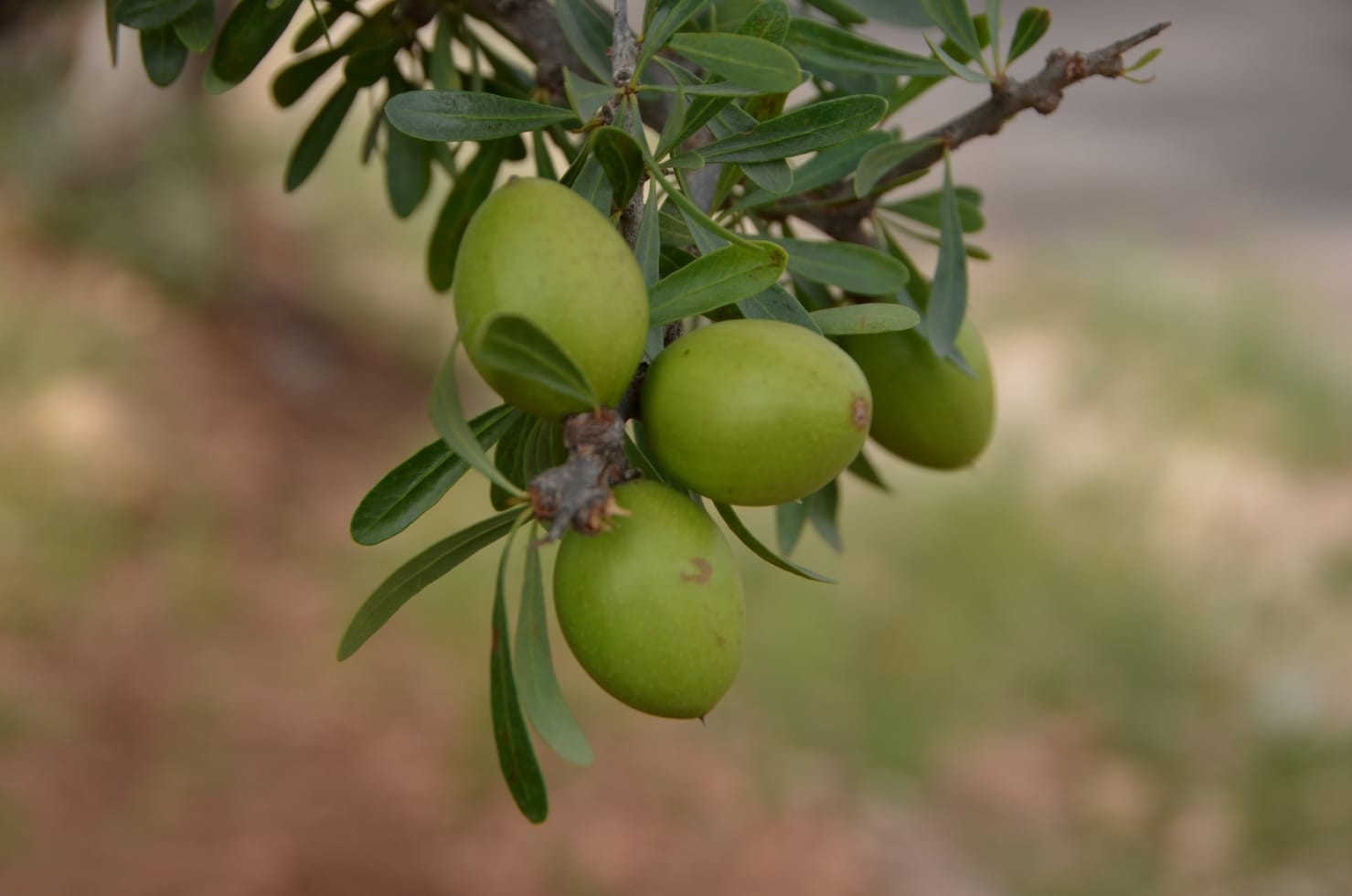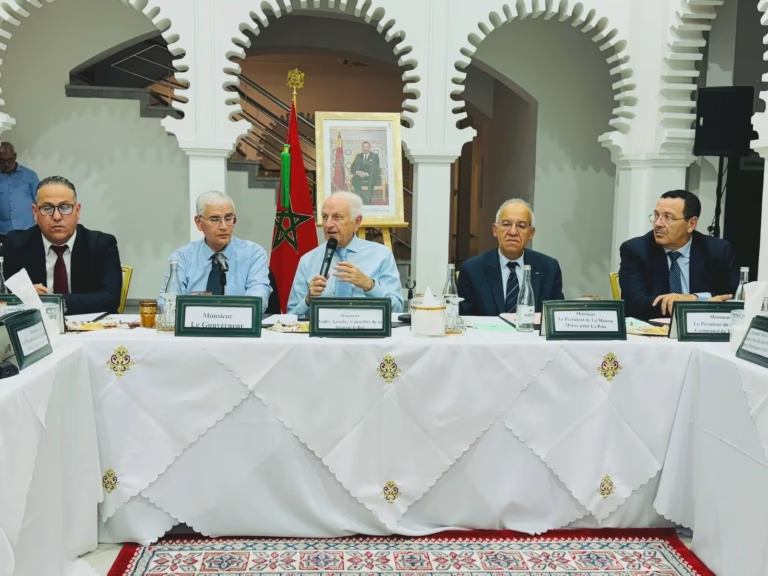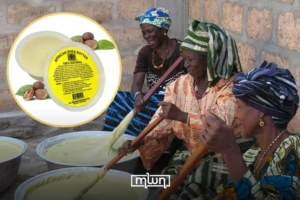Rabat – The Moroccan coastal city of Agadir is set to host the highly anticipated International Argan Tree Exhibition between May 8 and 12. The event will mark the third edition of the exhibition, which celebrates the iconic Moroccan tree of Argan and its rich cultural significance.
Organized in conjunction with the International Day of Argania, the exhibition aims to highlight the key role of the argan tree in Moroccan heritage and its contribution to local communities’ economic empowerment and social inclusion.
The UN has designated May 10 as the International Day of Argania to celebrate the iconic tree’s importance and promote sustainable practices.
The exhibition is set to offer a platform for industry professionals to forge new partnerships, expand their professional networks, and explore avenues for growth and development within the argan tree sector.
Through exchanges among stakeholders, participants will have the opportunity to delve into market trends, navigate regulatory changes, and engage in discussions that could shape the future of the argan tree ecosystem.

The event is organized by the National Agency for the Development of Oasis Zones and Argan Trees (ANDZOA) and the Moroccan Ministry of Agriculture.
Argan, or Argania spinosa, is a species native to the sub-Saharan region of Morocco, particularly in arid and semiarid areas, including regions such as Essaouira, Agadir, and Taroudant.
It is a resilient tree that plays a vital role in the ecosystem and local economies. The argan tree is renowned for its valuable oil, which is extracted from Argan seeds. It is used in cooking, traditional medicine, and cosmetics.
‘Liquid gold’
Argan oil is often referred to as “liquid gold” due to its rarity and multiple benefits for health and skincare.
The argan oil industry provides a source of income for many rural communities in Morocco, especially women who are actively involved in its production. Several cooperatives have been established to empower local women economically and promote sustainable harvesting practices.

In addition to its oil, various parts of the argan tree are used for food, fodder, and fuel, making it a crucial resource for sustainable development in the region.
The argan tree holds cultural importance in Morocco, particularly among the Amazigh indigenous rural communities. It is deeply ingrained in their traditions, with argan oil often being given as a wedding gift and used in festive dishes.
The significance of the argan tree has been recognized internationally, with UNESCO designating the Arganeraie Biosphere Reserve in Morocco to protect its unique ecosystem.
In addition, the argan-based agro-sylvo-pastoral system has been acknowledged by the Food and Agriculture Organization (FAO) as a Globally Important Agricultural Heritage System.

















